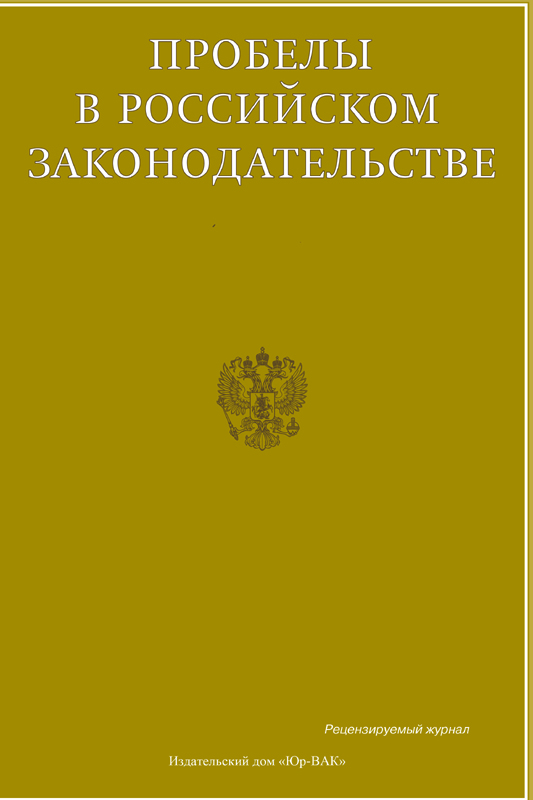On Topical Issues Arising in the Investigation of Remote Fraud and Theft from Bank Cards
- Authors: Bzhahov G.M.1
-
Affiliations:
- North Caucasus Institute for Advanced Studies (branch) of the Krasnodar University of the Ministry of Internal Affairs of Russia
- Issue: Vol 15, No 4 (2022)
- Pages: 39-43
- Section: Articles
- URL: https://journals.eco-vector.com/2072-3164/article/view/531512
- ID: 531512
Cite item
Abstract
The purpose of this article is to study topical issues and problems that logically arise in the investigation of remote fraud and theft from bank cards. The problem with such scams is that people usually understand that they are being called by scammers, but at some point they lose their vigilance and "swallow" the bait, providing access to their personal data. Unfortunately, it is almost impossible to get your money back, because, having gained access to the money, fraudsters empty the bank account, and appealing to banks and the police is practically useless. The objectives of the study are to determine the main methods of the type of fraud under consideration, to consider the main legislative problems associated with their investigation, and to find solutions. Thus, we have identified fraud committed through: 1. Cellular and Internet 2. Cellular communication and contact with the victim 3. Internet networks Conclusions: As practice has shown, the use of remote forms of service has incredibly simplified the life of ordinary people, but unfortunately, it has opened up almost unlimited opportunities for scammers who, using various methods, deceive ordinary citizens. Thus, calls can come with messages about suspicious activity on the victim’s account, about transferring a large amount of money, confirming a payment, reissuing a card, clarifying the details of transactions, and so on. Also, in the context of the coronavirus pandemic, an automated call has become popular with the requirement to confirm vaccination or its absence by pressing a certain number. During the period of self-isolation in the country, the number of telephone and Internet fraud cases increased by 76% in the six months of 2020 compared to the first half of 2019. Fraud with bank cards in 2019 amounted to 3697 crimes, and in 2020 - already 8053. Sophisticated ways, as it would seem, have long been known to everyone, but despite the fact that they are regularly told and reminded (in the media, in public transport), the number of these crimes is only increasing. In 2019, 294,409 crimes related to theft using information technology were registered, in 2020 - 510,396, in 2021 -517 722. Crimes committed via the Internet are characterized by high latency and low clearance rate (on average, about 20% of the total number of registered) [4].
Keywords
Full Text
About the authors
Gumar Mukhamedovich Bzhahov
North Caucasus Institute for Advanced Studies (branch) of the Krasnodar University of the Ministry of Internal Affairs of Russia
Email: lilia-ord@mail.ru
Police major, Lecturer of Special Disciplines Department Nalchik, Russia
References
- Outside the access zone, prisoners en masse extort money from Russians. Prisons protect them: Investigation and court: Law enforcement agencies: Lenta.ru /URL: https://lenta.ru/articles/2018/05/24/extortion / (accessed 29.04.2022)
- The Constitution of the Russian Federation (adopted by popular vote on 12.12.1993 with amendments approved during the all-Russian vote on 01.07.2020) ConsultantPlus
- Kudryavtsev R.V. Organization of activities for the disclosure of remote fraud// A young scientist. - 2019. - № 24 (262). - Pp. 218-221.
- Fraud on the web: judicial practice and most importantly - RTM Group / URL: https://rtmtech.ru/research/online-fraud-research / (accessed 29.04.2022)
- Nazarov M. V. Problems of using the results of operational investigative activities in order to initiate and investigate criminal cases of remote theft and fraud // Bulletin of the Ural Law Institute of the Ministry of Internal Affairs of Russia. 2022. No. 1. pp. 35-39.
- Criminal Code of the Russian Federation (Criminal Code of the Russian Federation) of 13.06.1996 No. 63-FZ (latest edition) ConsultantPlus
Supplementary files









